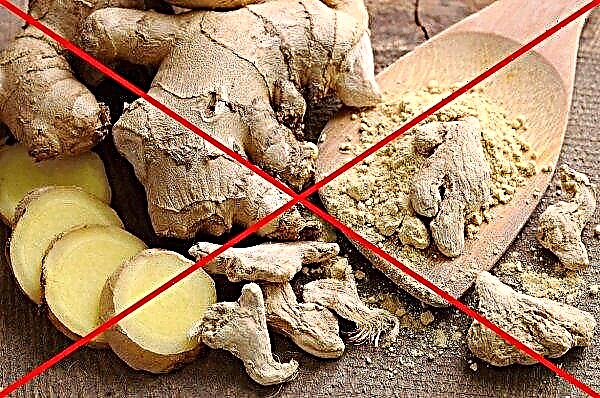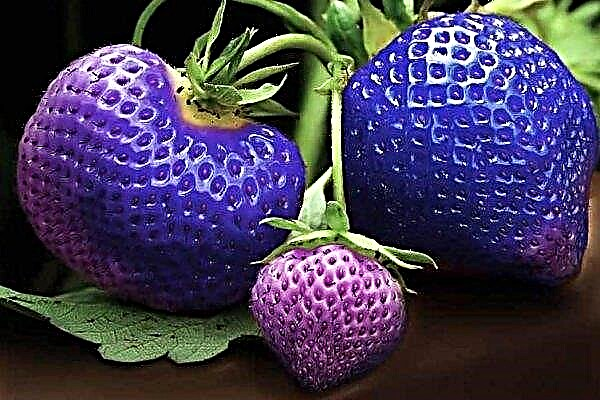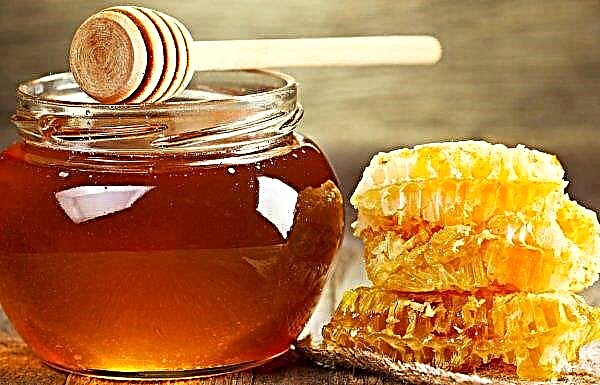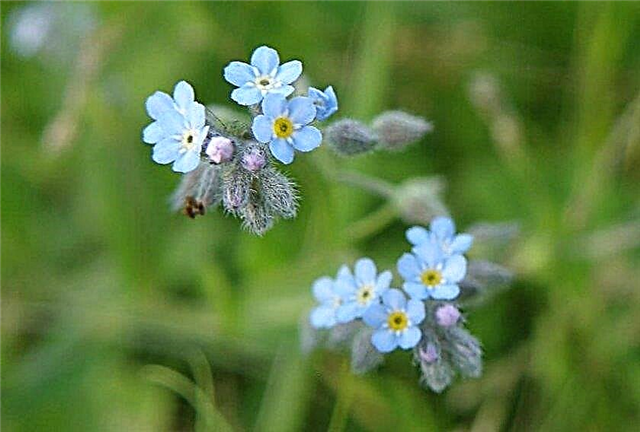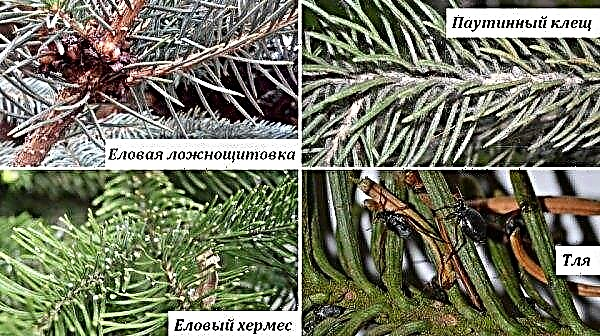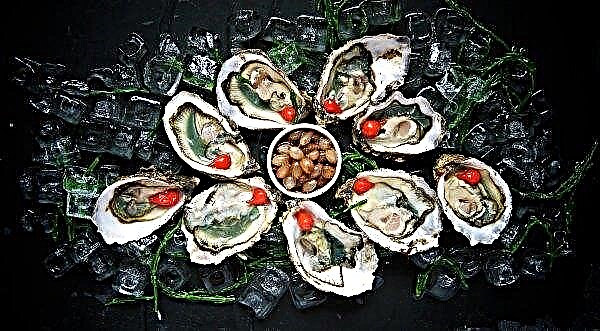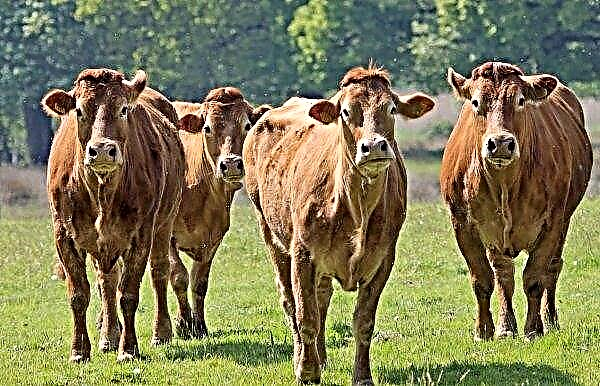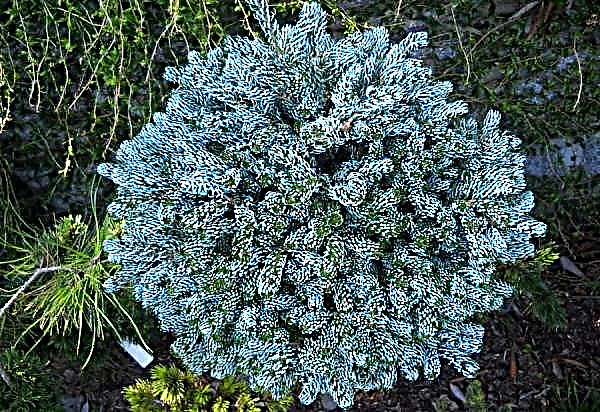The first stone of SymBIOnt, the new insect and plant research center, was laid on the Geel campus at KU Leuven. Here, research will be conducted on breeding and processing insects for sustainable food.
The interaction of insects with bacteria, fungi and plants will also be investigated. The university also wants to grow plants with increased resistance, which means fewer plant protection products, water and fertilizers are needed.
K.Yu. Leuven, one of the leaders in research on the use of insects for organic food, animal feed and technical applications, is investing 3.4 million euros in the Geel project.

Sustainable development plays a central role in plant research. Therefore, to conduct this study at a high level, specialized infrastructure is needed. The new 800 m² building for insect research, 4 greenhouses and 3 air-conditioned growing rooms with a total area of 450 m² for plant research should be ready by summer 2020.

In Gil, cultivation of various types of insects, such as flour worms, fly larvae, crickets and grasshoppers, will be investigated and optimized. These insects can be grown on usable residual streams from the food industry and, thus, can form the missing link in the food system of a sustainable circular economy.

Insect processing research will also be conducted. Using innovative technologies, they can be dried and processed into powders and pastes. Thus, they can be used in new food products, animal feed, as well as in chemical and pharmaceutical applications.
K.Yu. Leuven also wants to explore the interaction of insects with bacteria, fungi and plants. Reference is made here to plant studies, which are mainly aimed at optimizing cultivation and climate control methods.
Recommended reading:
- New British video on a career in agronomy and the role of plant protection
- A quarantine organism that damages over 250 plant species found in the Poltava region
- In Belgorod organized the production of beneficial insects

